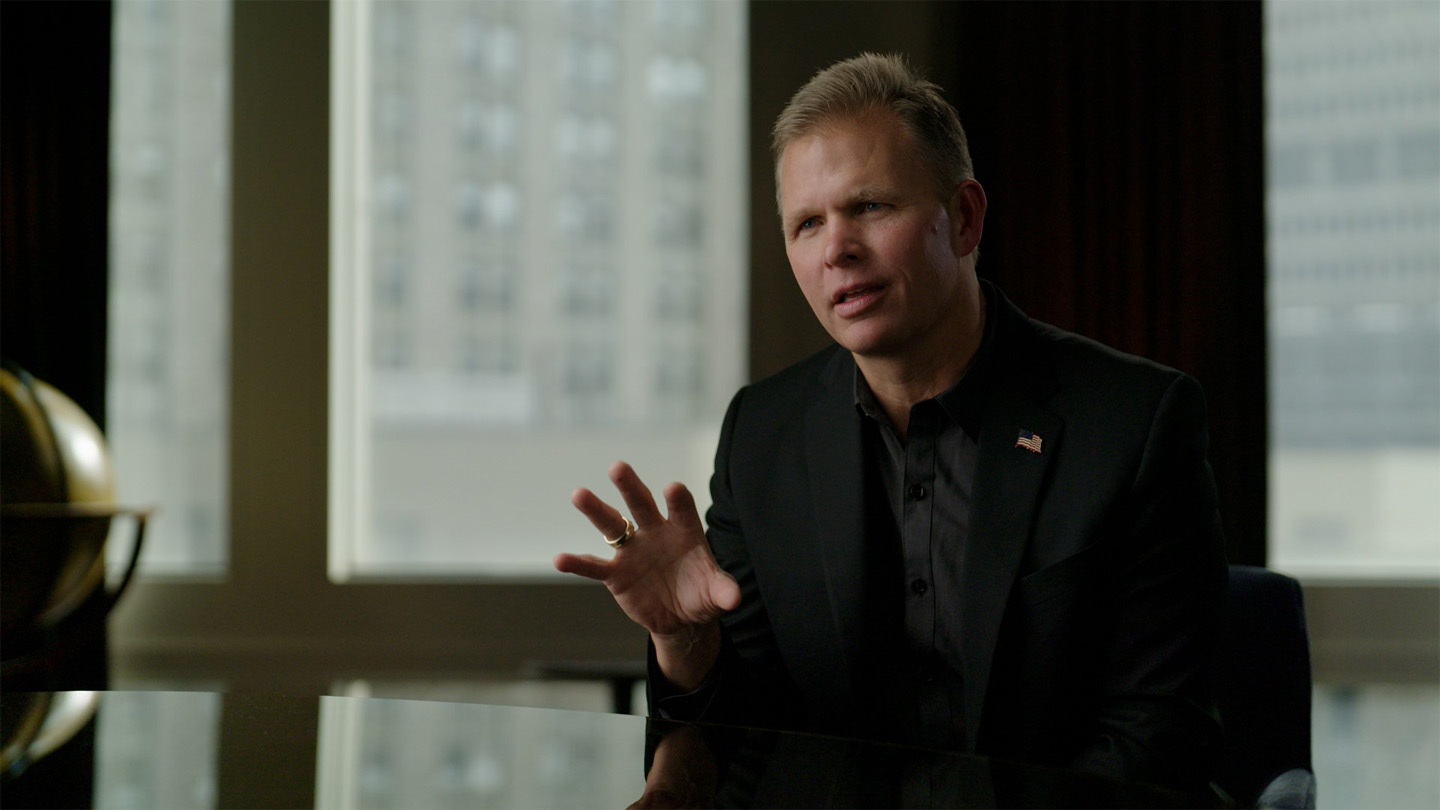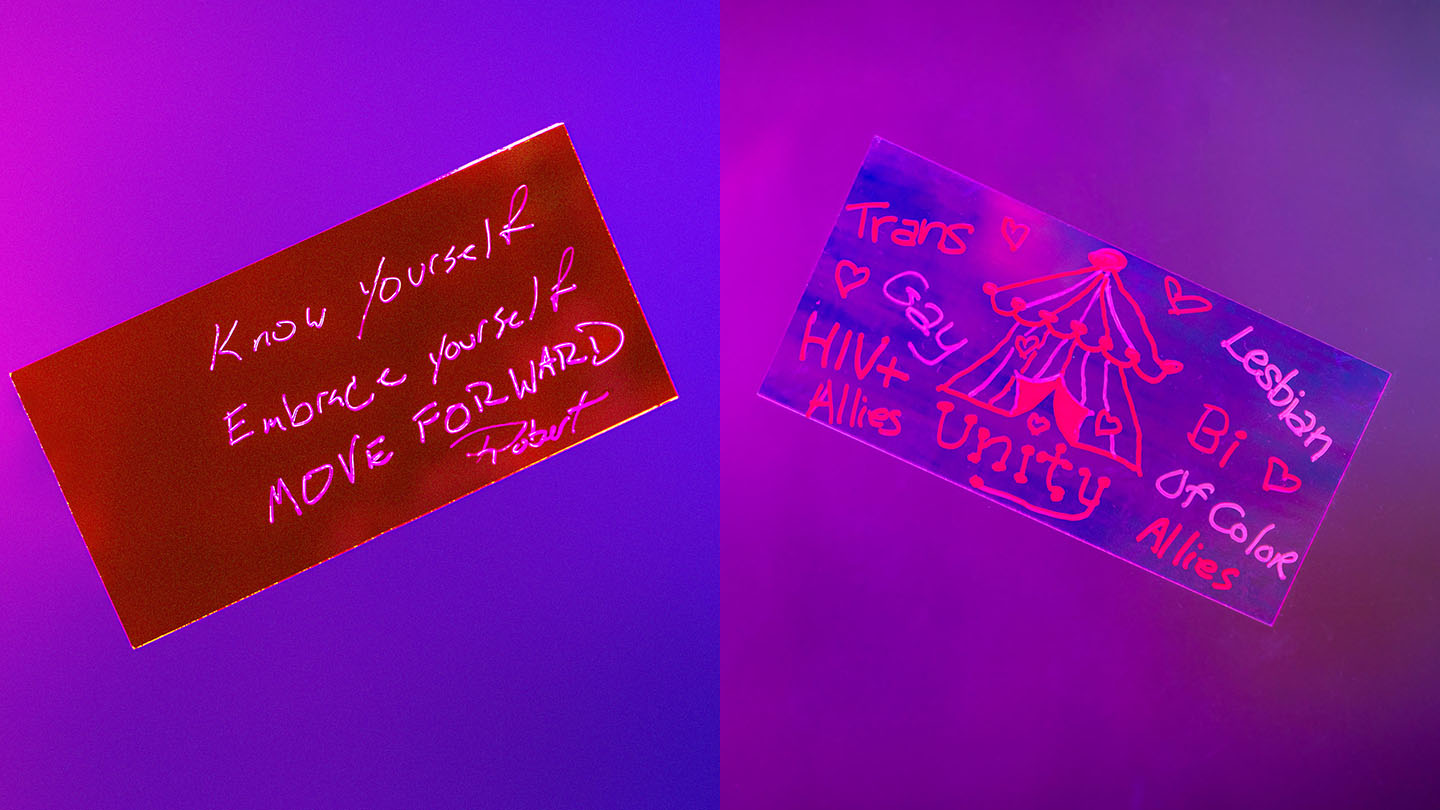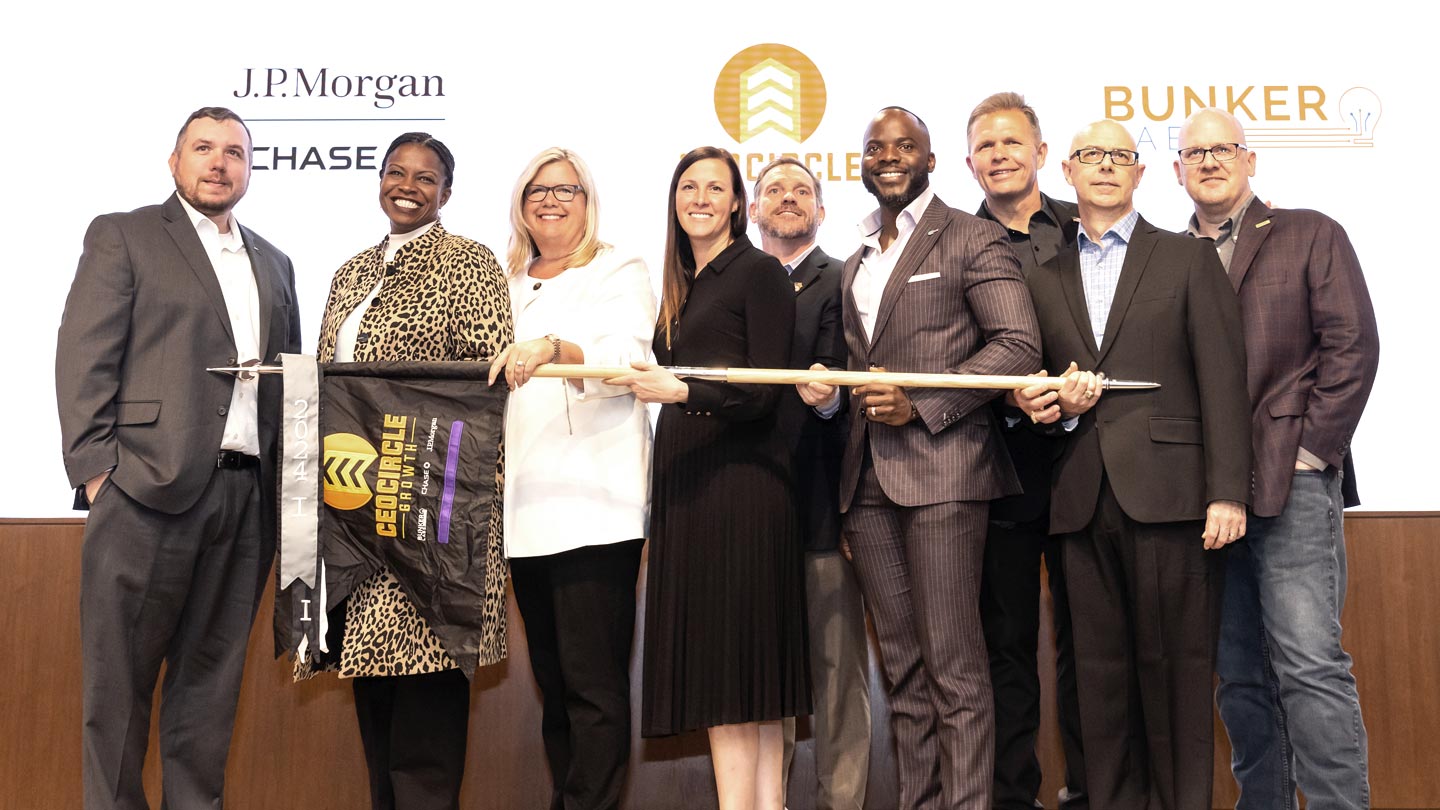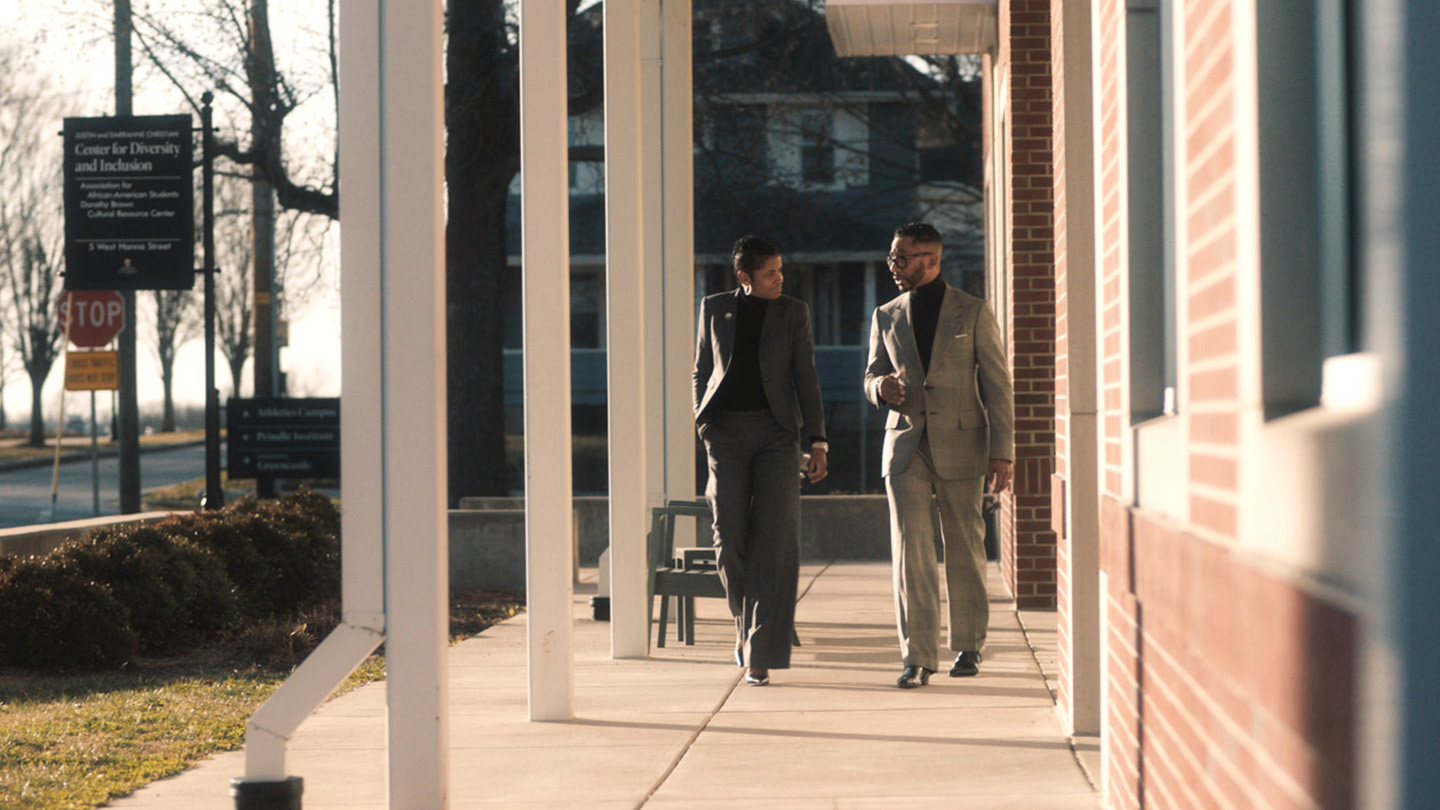
Now in its 50th year, Black Enterprise, the premier business, investing and wealth-building resource for African Americans, has moved beyond its newsstand roots into a $15 million multimedia company. The New York-based firm, founded by Earl G. Graves Sr., is focused on Black entrepreneurship in print and digital publications, broadcast television and live events.
President and CEO of the historic Black-owned company, Earl “Butch” Graves Jr., recently spoke with JPMorgan Chase and Chicago-area Black business leaders. Graves, who joined Black Enterprise after graduating from Harvard Business School in 1988 and assumed his current role in 2006, shared the following takeaways.

How did Black Enterprise get its start?
My father was an advance person for Robert F. Kennedy’s 1968 presidential campaign. All of us, my two younger siblings and myself, were in California when Robert Kennedy was assassinated. So, my dad went from thinking he was going to be on the fast track to Washington, DC, to suddenly being unemployed. When he came back to New York, people said, “You learned a lot through Robert Kennedy. Perhaps you should do something tied to Black business development.” Out of tragedy comes triumph. Without any publishing background, he said, “I’ll do a newsletter.” Then he figured he might as well do a magazine. He did it not knowing anything other than the courage of his own conviction. My father went to all the banks to pitch his idea and only one was interested and said yes: Chase.
What early challenges did Black Enterprise face in establishing itself, and do those continue today?
Things have changed more in the past 15 years than the past 150 years. When I joined the company in 1988, we were having challenges with advertisers—it seems crazy talking about [it] today. No matter what we would tell them, [the advertisers] didn’t believe it. At the time, we had about 500,000 subscribers, representing a large audience of middle, upper-middle class African Americans with needs and desires and investments.
So, we decided to diversify the business by doing professional events as a way for people to see, feel and touch an audience they did not have access to otherwise. It wasn’t because we knew that events were going to be the tail that wagged the dog in our business, which it is today. It was to demonstrate that we existed.
Black Enterprise gives as much attention to building personal wealth as building companies. What’s your goal?
I think the growth and development of Black-owned businesses have been crippled by this crazy attachment to title and ownership. Would you rather own 100 percent of a company that generates $100,000 in revenue or 10 percent of a company that generates $50 million of revenue? I mean, it’s fairly simple. We had a private equity business for a number of years where we invested in established minority-owned businesses. And I was shocked by how many CEOs would rather own 100 percent of nothing than 25 percent of something.
I’ve made the decision to invest in other businesses. My friends have invested 10 percent, 20 percent in other businesses, and they receive a monthly check from that ownership stake. It’s important to amass wealth.
Is funding the biggest growth obstacle for Black-owned firms
I think the biggest challenge for Black entrepreneurs today, and this will sound strange, is not access to capital, [though] that’s still a great challenge. The biggest challenge for African American entrepreneurs is scale. Ninety-six percent of Black-owned businesses are sole proprietorships. The only person who’s employed is you and when the big opportunities arise, the business is not in the position to have the team needed to execute.
[The answer] is to create businesses of scale. And then we can do business with corporate America. A small contract at Walmart is like $35 million. Companies need to do their research on the potential client. If they have a significant amount of suppliers—let’s take barbeque sauce as an example. In addition to proving how your product is unique, your presentation that you can produce 1,000 bottles of barbeque sauce a week will not satisfy that kind of buyer which needs 100,000. We need to take our respective resources [among multiple founders and investors] and work together to build companies that can attract major customers. Microbusinesses can’t do that on their own.
"I think the biggest challenge for Black entrepreneurs today, and this will sound strange, is not access to capital, [though] that’s still a great challenge. The biggest challenge for African American entrepreneurs is scale. Ninety-six percent of Black-owned businesses are sole proprietorships."
— Earl “Butch” Graves Jr., President and CEO of Black Enterprise
How important is having a digital-first approach to building a new business?
Black-owned businesses that have not embraced technology are going to falter because technology, frankly, is a way to level the playing field. Companies that do use technology rather than fighting it have benefited. If you think about a Black business and you have $10 million-plus in revenue, technology is one of the most critical things to help your business scale and grow. You don’t have the luxury of time to figure it out because people are always figuring it out in a faster, cheaper, better way.
While we’re on the subject of technology, how has your operation pivoted during COVID-19?
I’ve been blessed with four children. They’re not children anymore; they’re adult millennials. So, I have an in-house focus group for what people between the ages of 25 and 30 want and do. This generation is very smart; they just do things in a different way. So, we have started putting on virtual conferences and offering creative experiences. We now have six million unique visitors to the digital components of what we do. You’ve got to adapt to change. You’ve got to be willing to embrace and accept change and be nimble enough to do so.
Many firms—including JPMorgan Chase—are expanding their diversity and inclusion efforts in a year when racial equity and social justice issues have taken center stage in communities and in the workplace. Will these efforts work?
Diversity, as you hear it today—everything becomes a part of this diversity box—you have corporations saying that “we are 34 percent diverse.” I am unimpressed by the words diversity and inclusion. What I want to know is, what is your Black number? Show me how you unpack diversity and show me the people who look like me in your organization, show me where they are. If the Black market represents 14-15 percent of your consumer base, it isn’t unreasonable for me to expect that 15 percent of your senior management looks like me. I want corporations to stop with the announcements. I want them to make investments in Black businesses and people. I have been very impressed with Jamie Dimon’s leadership and the commitments of Chase, and hope that more follow this lead.
A corporate executive said to me, “What is it that Black people want?” I said, “What we want is very complicated.” And he looked puzzled. I said, “We want jobs. We want promotions. We want opportunity. We want investment in our companies. We want a level playing field. If you can just do those things, I promise you, that’s all we will want.” It sounds simple, but it’s not that simple







